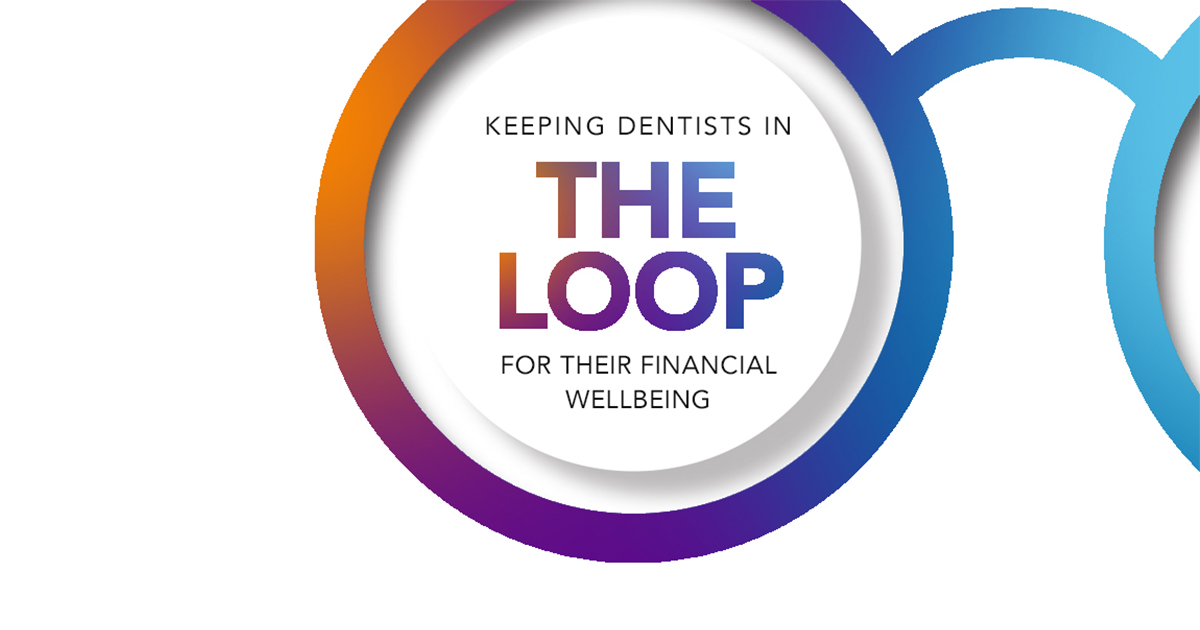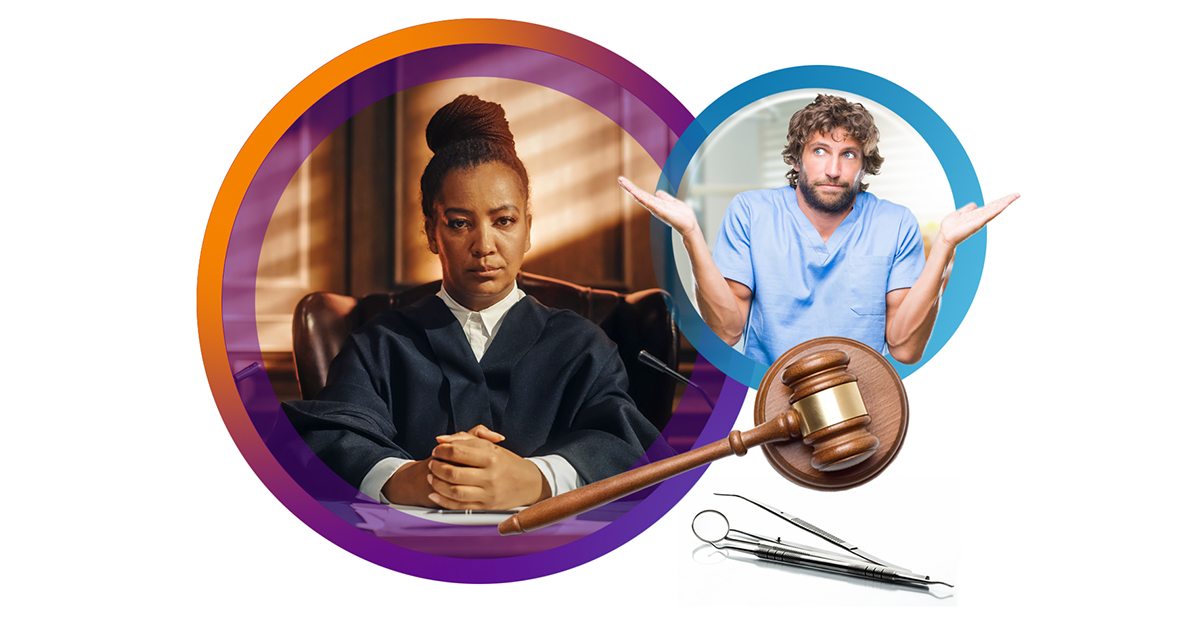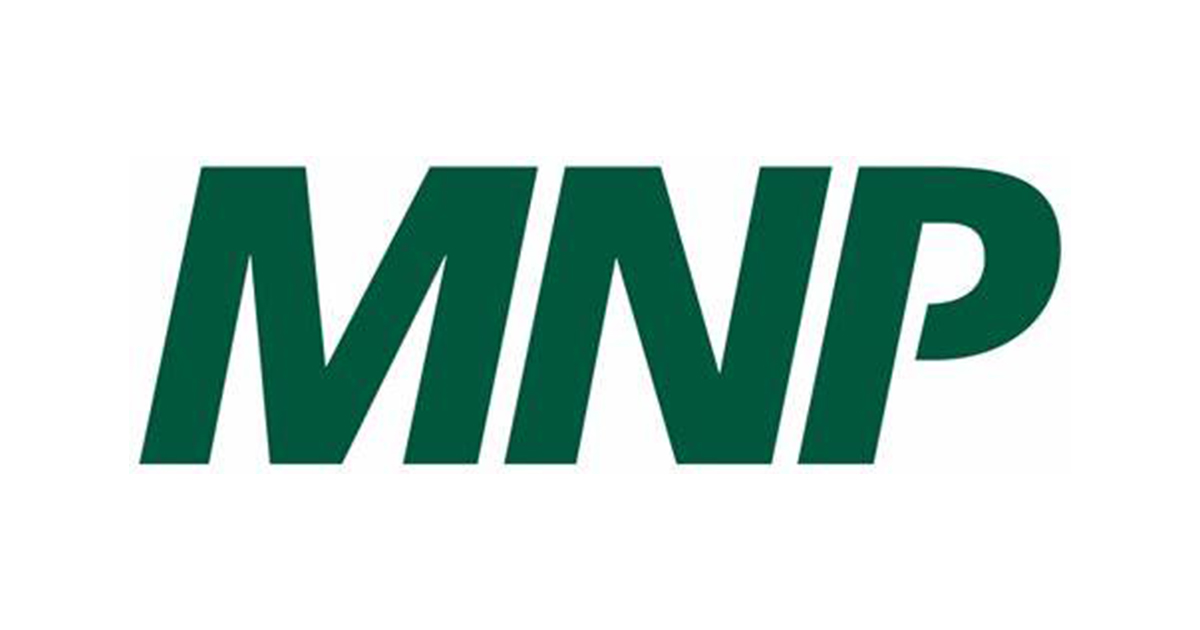
In this issue:
- Understanding the legal and liability risks dentists are exposed to
- Bridging cultures and technology: in conversation with Dr. Kamea Aloha Lafontaine
- Allianz travel insurance program just got a major upgrade!
"So, sue me!" and why they just might

Dentists are in the people business in both straightforward and less obvious ways. The roles of health care practitioner and a business owner – or self-employed individual – are clear, but dentists are often employers, business partners, retailers, educators, and community leaders as well. Wearing so many hats professionally can be rewarding but it also exposes dentists to a variety of risks and potential sources of legal liability. While this is not a recent phenomenon, the rise of class action lawsuits in Canada, together with a general trend of filing lawsuits to resolve a dispute, means that more than ever, dentists must ensure they have their legal liability risks covered.

Protecting yourself and your practice starts with ensuring you have enough insurance to cover both the breadth of risks (i.e. the different types) and the depth of risk (i.e. do you have enough insurance to pay legal fees, a settlement, or judgment). This is particularly true when it comes to malpractice insurance. While dentists are required to have this coverage by regulators, the amount you are mandated to carry is likely not enough to cover a judgement or settlement for an incident that leads to a life-changing injury or death. In a CDSPI webinar earlier this year, Matthew Wilton, an experienced professional liability litigator, related a particularly serious case. His client, a man in his early 20s, won a significant settlement because his dentist failed to identify an ameloblastoma, resulting in the loss of a significant part of his mandibular jaw.
New dentists and established practitioners alike can benefit from periodically reviewing their malpractice and office insurance coverage to make sure it is appropriate for the types of patients they see, the range of procedures they perform, and the work environment they are managing today. The risks you faced when you first started seeing patients are likely very different and far more complex today. Adding to this complicated risk landscape, the Canadian Dental Care Program (CDCP) has meant a huge influx of new patients with significant dental issues, many of whom are receiving care for the first time in years.
In this edition of The LOOP, we’re taking a closer look at these and other sources of legal liability and how they can be faced.
Top 10 Potential Liability Risks Dentists Face:
Medical Malpractice:
Failure to meet the standard of care, resulting in patient injury or harm.
Privacy violations:
Breaching patient confidentiality and privacy laws which protect sensitive patient information.
Non-compliance with workplace safety standards:
Not adhering to provincial and federal workplace safety regulations, which ensure a safe and healthy working environment.
Workplace harassment:
Allowing or ignoring a toxic work environment where employees are subjected to harassment or discrimination.
Insurance fraud:
Engaging in fraudulent activities such as billing for services not rendered, upcoding, or misrepresenting procedures to insurance companies.
Improper handling of patient payments:
Mismanagement or misrepresentation of payment plans, billing errors, or failure to disclose financial policies to patients.
Breach of fiduciary duty:
Failing to act in the best interest of patients, such as prioritizing financial gain over patient care.
Public liability:
Injuries sustained by patients or visitors on the premises due to unsafe conditions.
Data breaches:
Cybersecurity incidents resulting in the unauthorized release of patient data.
Employment Standards Act violations:
Non-compliance with provincial employment standards legislation, such as the Ontario Employment Standards Act, which governs minimum wage, hours of work, and other employment conditions.
Prevention
Reducing malpractice risk is in your best interest
It’s no surprise that weighing in at #1 on the “risk list” is malpractice. While a malpractice allegation can happen to any dentist, that doesn’t mean just leaving things to fate. Being proactive when it comes to fostering and following a culture of process and communication will reduce the likelihood of an allegation. It starts with informed patient consent for treatment. According to Colleen O’Neill, the lead dental malpractice litigator with Dolden Wallace Folick LLP, dentists should have consent forms specific to individual patients, detailing the expected treatment plan, as well as additional forms for the types of procedures they perform. For example, have one form for extractions and a different form for implants, and ensure that all associated risks are listed and acknowledged by the patient with their initials.
Ms. O’Neill believes that informed consent isn’t about the piece of paper, but rather “it's an understanding that includes the substance of the discussion between the doctor and the patient. Judges always look at the substance of the discussion to determine whether informed consent was given.” Following industry best practices for patient recordkeeping and communication will help you to stay ahead of potential issues, but should an issue advance to the point where an allegation is made, you can still fortify your “defensibility” against a potential claim. Check out the many malpractice resources we’ve put together, including answers to the questions we get from dentists about malpractice.
Expert Perspectives
Hear from the experts on how to fortify your malpractice
Our most popular webinar series to date has been our perspectives on malpractice series where experts from the legal and claims adjudication side have shared their experiences helping dentists through this stressful process—from allegation to resolution. If you weren’t able to attend the live sessions, you can catch up anytime, and at your own pace, by watching these continuing education courses on demand from the CDSPI website.
- From the webinar “Common Malpractice Complaints and How to Handle Them”
“I frequently hear that a patient was given a consent form by the receptionist or the dental assistant and that the extent of the dentist reviewing it with the patient is to ask whether they have any questions about the form. Now, these cases are very difficult to defend.”
- Colleen O’Neill, Professional Liability Lawyer
General Liability
Prevent the preventable
The moment you first open your practice and welcome your first patient, like many business owners, you also open yourself up to general liability. For dentists, these risks can range from the obvious – like “slip and falls” with a visitor slipping on water or other fluids accidentally spilled by staff or other patients and injures sustained from malfunctioning or improperly maintained equipment – to the unexpected. Incidents such as the theft of a patient’s or visitor’s personal belongings or a patient having severe allergic reactions to substances used in the office – such as latex gloves or cleaning chemicals – can open you up to litigation.
Taking a rigorous, common-sense approach to safety, like the one outlined in this article in Canadian Occupational Safety, can help to avoid the most common slip-and-fall-type injuries in your office. This could include cleaning floors using products that do not leave slippery residue and installing slip-resistant flooring in entrances, restrooms, and treatment areas. It doesn’t hurt that CDSPI TripleGuard™ Insurance includes $5 million in general liability coverage as part of its office protection package.
Keep in mind, it could just as easily be you who slips and falls at the office. Let’s hope it never happens, but if it does, and you sustain an injury that keeps you from working, your disability insurance will be instrumental in helping you to maintain your lifestyle while you recover. Check out the previous edition of The LOOP for more about disability and dentistry.

Cybersecurity
Time to bust some cyber myths
There is a perception among dentists and other small business owners that they are too small to attract the nefarious interest of cybercriminals. The reality is your patients’ personal and financial data is exactly the kind of valuable information hackers want. Losing it could expose you to substantial reputational risk and potential legal liability. Check out this quick new video where we bust some of the most common cybersecurity myths for dentists and dental practices.
A science and an art
Understanding and mitigating legal risks has always been a critical part of a dentist’s professional responsibilities, but the evolving legal landscape in Canada means that dentists must stay informed and proactive to protect themselves, their practices, and their patients. By regularly reviewing your insurance coverage with a trusted advisor, implementing strong risk management practices, and staying abreast of industry best practices, dentists can fortify their practices and maintain the trust of those they serve. After all, in a profession that balances the science of dentistry with the art of business, being prepared for potential legal challenges is not just prudent—it's essential.
Quick Poll
We want to know how prevalent patient complaints are today. Have you heard about colleagues receiving formal negligence complaints from patients?
- Of course! It’s pretty common.
- Yes, but not very often
- No. If it happens, people don’t talk about it.
In the last issue of The LOOP, we asked you about taking breaks during the working day to ensure you’re giving your body adequate rest and recovery time to avoid long-term injury. Turns out nearly half of respondents (46%) think “breaks are for babies” and never take them, while only 23% take daily breaks. If you’re not prioritizing rest and recovery, you may want to check out the Members' Assistance Program for free, 24/7 access to resources to support your lifestyle and wellbeing.
Community Connections
Bridging Cultures and Technology: In conversation with Dr. Kamea Aloha Lafontaine
Dr. Kamea Aloha Lafontaine, who recently joined the CDSPI Advisory Panel, is a trailblazer fostering meaningful change through innovation. As the co-founder of SafeSpace Networks, he developed a platform to protect Indigenous patients' rights in healthcare, showing how technology can address systemic challenges. Read more about how Dr. Lafontaine’s fearless approach is improving healthcare outcomes for Indigenous communities.

Travel Insurance
Our Allianz travel insurance program just got a major upgrade!
Our newly expanded Allianz travel insurance program now offers more choice, more benefits, and more savings. Tailored for every traveler, from seasoned explorers to families and young adventurers, this program provides flexible coverage options and 10% savings with preferred partner rates. Learn more and get a quote.
Partners
Qtrade Cashback + Free Trades Offer
Are you a DIY investor who wants to trade more and pay less? Our partners at Qtrade are offering CDSPI clients up to $2,100 in cashback rewards, including a $100 sign-up bonus + unlimited free trades until December 31! This is a seriously sweet offer—the more you fund, the more you earn! See the details and get the promo code here.

Tax & Accounting
What the 2024 capital gains inclusion rate change means for dentists
Our partners at MNP recently published an article that breaks down the new rules for the capital gains inclusion rate, including the impact on professional corporations and the transition guidelines for gains realized before and on/after June 25, 2024. Read more about how these changes may impact your tax obligations and financial planning.

TripleGuard™ Insurance is underwritten by Zurich Insurance Company Ltd (Canadian Branch) and provides coverage subject to the Policy Terms and Conditions governing each plan. TripleGuard™ Insurance is offered to both licensed dentists, who reside in Canada, and are members of participating dental associations and to eligible full-time dental students who are enrolled at an accredited Canadian university at the time of application.